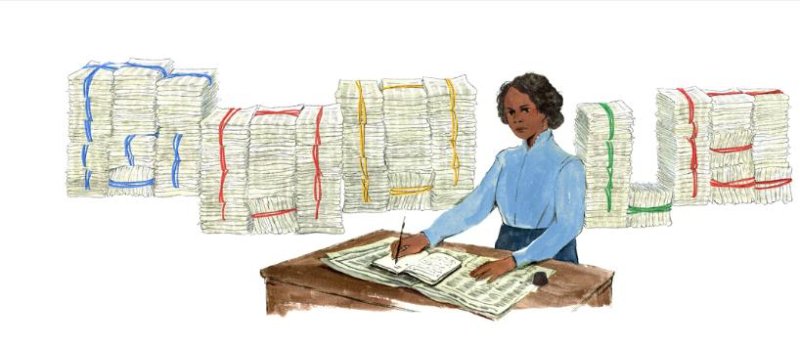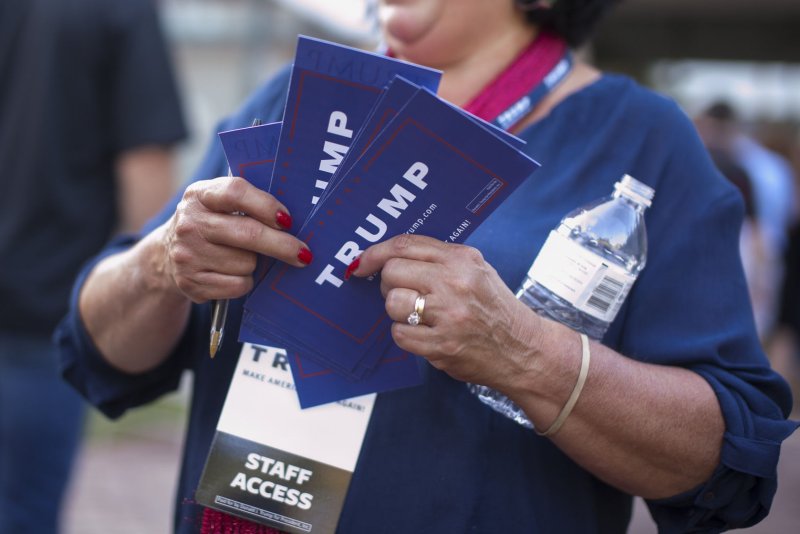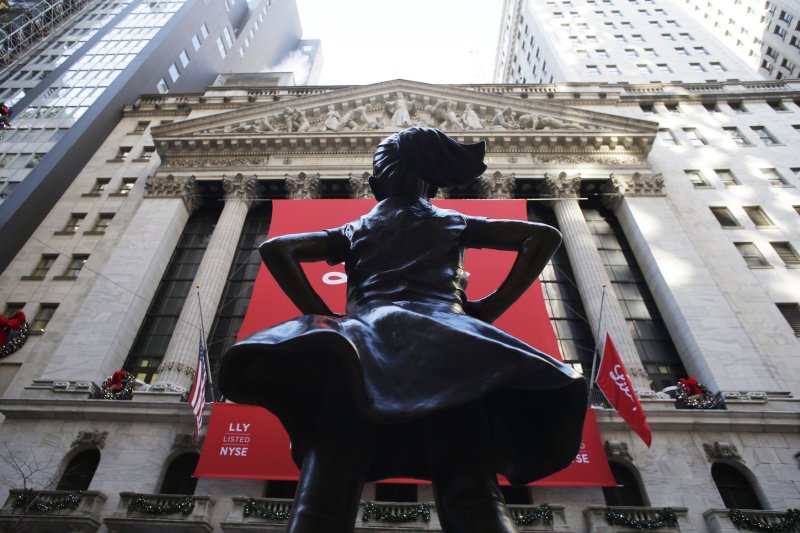'Dangerous,' 'astonishing': New England Journal of Medicine calls for Trump's removal

President Donald Trump stands on the Truman Balcony at the White House in Washington, D.C., on Monday, after three days of COVID-19 treatment at Walter Reed National Military Medical Center. Photo by Ken Cedeno/UPI | License Photo
Oct. 8 (UPI) -- The New England Journal of Medicine, in a rare and historic move, has called on Americans to vote President Donald Trump out of office for what it says has been his "tragic" mishandling of the COVID-19 pandemic.
In a two-page editorial titled, "Dying in a Leadership Vacuum," the widely-respected medical journal did not mention Trump by name but strongly criticized "our current leadership" for failing the test brought on by the worldwide health crisis.
"COVID-19 has created a crisis throughout the world. This crisis has produced a test of leadership. With no good options to combat a novel pathogen, countries were forced to make hard choices about how to respond. Here in the United States, our leaders have failed that test. They have taken a crisis and turned it into a tragedy," the journal wrote.
"The magnitude of this failure is astonishing."
"The United States leads the world in COVID-19 cases and in deaths due to the disease, far exceeding the numbers in much larger countries, such as China," the editorial, which was signed by three dozen editors, continued. "The death rate in this country is more than double that of Canada, exceeds that of Japan, a country with a vulnerable and elderly population, by a factor of almost 50, and even dwarfs the rates in lower middle-income countries, such as Vietnam, by a factor of almost 2000."
Data by Johns Hopkins University Thursday shows that there have been more than 7.5 million cases and 212,100 COVID-19 deaths in the United States to date. More than 50,000 cases were added on Wednesday, the third time in the past week new cases have topped the mark.
Never before in its 208-year history had the New England Journal of Medicine called on American voters to remove any president from office.
"In general, not only have many democracies done better than the United States, but they have also outperformed us by orders of magnitude."
The journal's editors added that the Trump administration has "failed at almost every step" during the health crisis, despite clear and repeated warnings.
"Why has the United States handled this pandemic so badly? We have failed at almost every step," they wrote. "We had ample warning, but when the disease first arrived, we were incapable of testing effectively and couldn't provide even the most basic personal protective equipment to healthcare workers and the general public."
In the number of tests performed per case, the journal points out, the United States trails Kazakhstan, Zimbabwe and Ethiopia -- countries, it said, that "cannot boast the biomedical infrastructure or the manufacturing capacity that we have."
"The United States came into this crisis with enormous advantages. Along with tremendous manufacturing capacity, we have a biomedical research system that is the envy of the world. We have enormous expertise in public health, health policy, and basic biology and have consistently been able to turn that expertise into new therapies and preventive measures. And much of that national expertise resides in government institutions. Yet our leaders have largely chosen to ignore and even denigrate experts.
"Anyone else who recklessly squandered lives and money in this way would be suffering legal consequences. Our leaders have largely claimed immunity for their actions. But this election gives us the power to render judgment.
"Reasonable people will certainly disagree about the many political positions taken by candidates. But truth is neither liberal nor conservative. When it comes to the response to the largest public health crisis of our time, our current political leaders have demonstrated that they are dangerously incompetent.
"We should not abet them and enable the deaths of thousands more Americans by allowing them to keep their jobs."
"The United States came into this crisis with enormous advantages. Along with tremendous manufacturing capacity, we have a biomedical research system that is the envy of the world. We have enormous expertise in public health, health policy, and basic biology and have consistently been able to turn that expertise into new therapies and preventive measures. And much of that national expertise resides in government institutions. Yet our leaders have largely chosen to ignore and even denigrate experts.
"Anyone else who recklessly squandered lives and money in this way would be suffering legal consequences. Our leaders have largely claimed immunity for their actions. But this election gives us the power to render judgment.
"Reasonable people will certainly disagree about the many political positions taken by candidates. But truth is neither liberal nor conservative. When it comes to the response to the largest public health crisis of our time, our current political leaders have demonstrated that they are dangerously incompetent.
"We should not abet them and enable the deaths of thousands more Americans by allowing them to keep their jobs."










